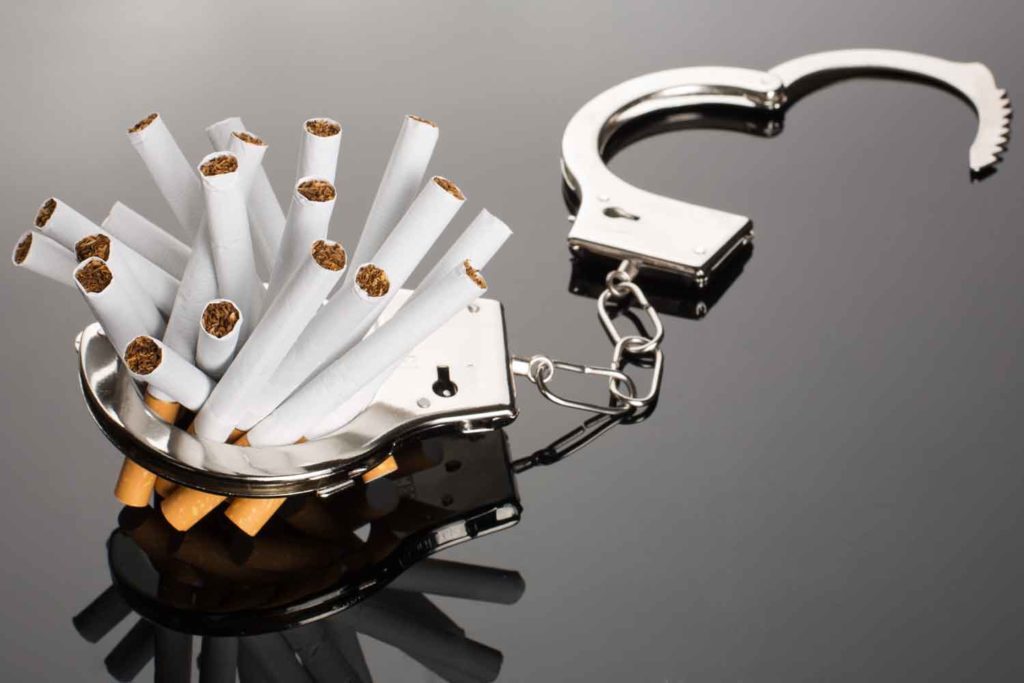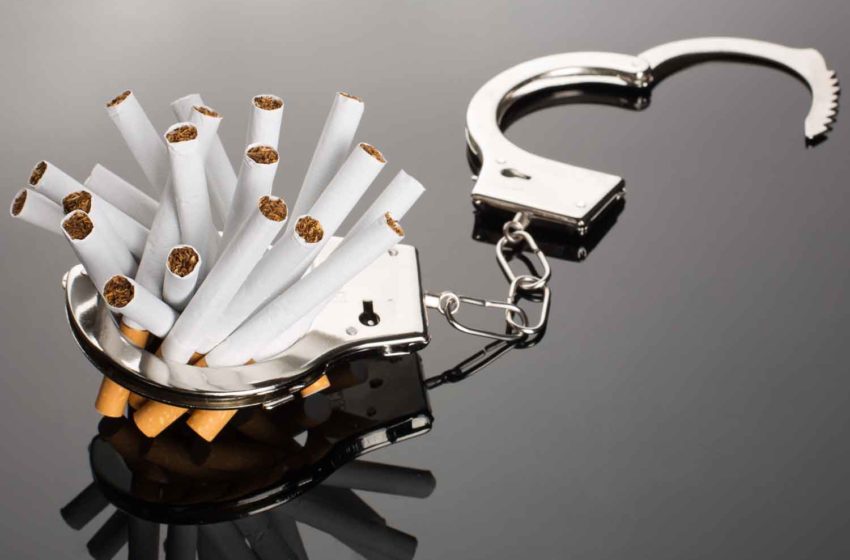
The U.S. Food and Drug Administration’s proposed ban on menthol cigarettes could have unintended consequences, according to leading law enforcement officers.
Among other problems, it could boost the illicit cigarette market. In 2020, of the $203 billion cigarettes sold in the United States, 37 percent were menthol. “Transitioning from a regulated market to an illicit one will lead to about $30 billion of an illicit market,” said Major Neill Franklin, former executive director of the Law Enforcement Action Partnership, in a statement published by Menthol is Not a Crime.
If the FDA bans menthol cigarettes, this will “create crime,” and you will get “homemade menthol cigarettes,” said retired Bureau of Alcohol, Tobacco, Firearms and Explosives agent John Rotunno.
Charles Giblin from the Center for the Advancement of Public Safety and Security stated, “Despite the good intentions … the ban will have unintended consequences. Cross-border smuggling will fill the gap of the prohibition.”
Others highlighted the racist implications of the ban since more than 80 percent of African Americans who smoke prefer menthol cigarettes.
“Bans do not work. During the war on drugs, more Black and Brown people went to jail than in all of slavery. About 90 percent of people targeted by stop-and-frisk were Black and Brown people,” according to John Dixon III, former police chief of Petersburg, Virginia, and former president of the National Organization of Black Law Enforcement Executives.
“We are not promoting people to smoke,” but “we don’t want another situation like that of Eric Garner [Garner was killed by New York Police Department officers after they approached him on suspicion of selling single cigarettes],” said Charles Billups, founding member of the NCJP, retired law enforcement officer and chairperson of the New York State Grand Council of Guardians.
Franklin expanded, “An illicit market is even more problematic for the Black community. Law enforcement will have no option other than to aggressively enforce smuggling and smoking bans … In an effort to identify smugglers, police will ‘creatively interact’ with citizens for minor crimes, like jaywalking, loitering, trespassing, traffic violations—using those crimes for leverage for information on their tobacco sources. This is the same tactic we use for locating guns and drugs.”
The public has until Aug. 2 to submit a written comment via the FDA website.











